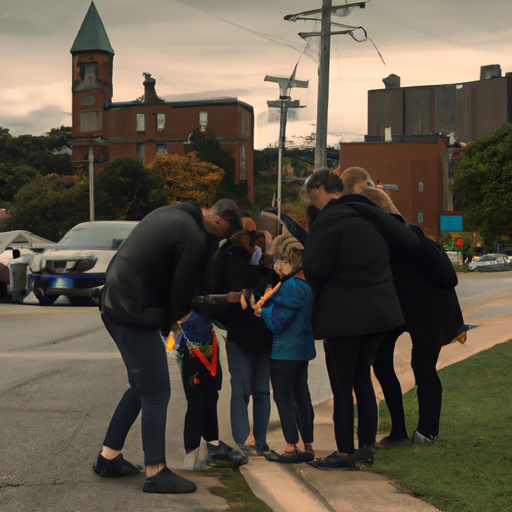Canadian Opioid Crisis: A Closer Look at Parenting and Children’s Role in Opioid Abatement
In a recent article published in The Hamilton Spectator, Ontario’s opioid crisis was placed in stark focus. The Canadian opioid crisis has left a deep scar on our community, impacting health resources, escalating crime rates, increasing homelessness, and causing an alarming number of deaths. Can our response become more holistic and effective?
Opioid Crisis in Canada: The Current Context
What was once an issue confined to the realm of healthcare has now spilled over into all areas of society. Crime related to opioids has markedly increased alongside a rise in homelessness, attributed in part to opioid dependency issues. Outside of urban areas too, the crisis shows no signs of abating, affecting rural communities in equal measure.
The social and economic cost of the opioid crisis in Canada demands a response that is both comprehensive and directed. Efforts to combat this have included distribution of naloxone, a life-saving drug that can reverse an opioid overdose, and initiating opioid abatement class actions. However, there is a growing understanding that our approach must be multi-pronged, engaging various facets of society and policy.
Hamilton Opioid Crisis: A Microcosm of the Bigger Picture
Hamilton, a densely populated hub in Ontario, is grappling with an opioid issue that reflects the larger Canadian crisis. Stereotypes that suggest opioid abuse is limited to economically and socially vulnerable individuals have been challenged. In this city, the opioid crisis cross-cuts demographic and socio-economic boundaries, necessitating an inclusive response.
Ontario’s Regional Health Unit: An Innovative Approach
Looking beyond conventional efforts such as law enforcement and healthcare-based interventions, Ontario’s local health unit has conducted a provincial study focusing on the role parenting and children can play in opioid abatement.
- The research highlights the important role of stable parenting in preventing substance misuse.
- It identifies early intervention as a powerful tool to reduce dependency risks.
- The study suggests that programs supporting parents’ mental health and children’s development can contribute to effective drug prevention.
The approach taken by this health unit is encouraging because it presents a more nuanced understanding of the opioid crisis, acknowledging it as a multidimensional problem that demands complex solutions.
Implications for Future Action
According to this study, robust support for parents and children forms an essential component of a sustainable solution.
This perspective calls on us to rethink established strategies and encourages a focus on:
- Investment in mental health services for parents
- Enhancement of quality and accessibility of early childhood education programs
- Ensuring that caregivers and children at risk receive appropriate preventative support
These adjustments could foster a more preventative strategy, reducing the incidence of opioid misuse before it arises.
Key Takeaways
As we redouble our efforts to combat the opioid crisis, there are some key takeaways from the Hamilton experience that are worth considering:
- The Canadian opioid crisis is a complex issue. It requires a multifaceted, inclusive approach that engages multiple areas of society and policy.
- Immediate actions like naloxone distribution, opioid abatement class actions are crucial, but long-term solutions require a deeper understanding of root causes.
- Parenting and child-based preventive interventions, like improved mental health services for parents and better early childhood education, can be transformative.
While the opioid crisis continues to unravel, there are reasons to be optimistic. Innovative approaches and research like those coming out of Hamilton remind us that we have untapped potential for change within our communities. Let’s leverage these insights to tackle the Canadian opioid crisis — long-term solutions might just depend on more comprehensive, holistic strategies focused on prevention.
